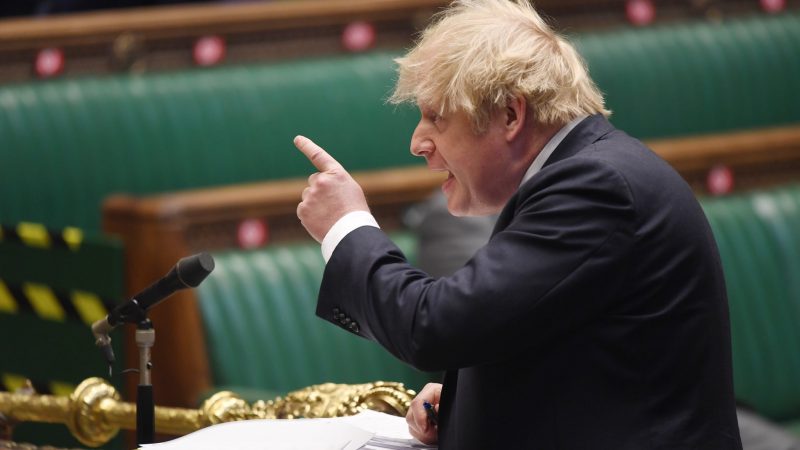
Labour’s opposition day, with a planned vote on Universal Credit, is cancelled. Instead of debating whether the worst-off in the country, many of whom are in work, should have their support cut by £20 a week, Boris Johnson is bouncing MPs into voting for a tax rise that will… disproportionately affect the worst-off workers in the country. It had looked like the Prime Minister might face some trouble from his backbenchers over the proposal to increase National Insurance despite a clear manifesto pledge not to do precisely that, but there now appears to be no significant Tory rebellion. While Labour and the Liberal Democrats are set to oppose the new health and social care levy in a vote later today, it is expected to pass fairly comfortably.
The Labour frontbench has tabled an amendment that would force the government to conduct an impact assessment of the levy on jobs and businesses, plus an assessment of the impact on different income groups and regions. A group of left MPs led by Socialist Campaign Group secretary Richard Burgon have put forward a separate change that would see Rishi Sunak look into introducing a wealth tax on those with assets over £5m. Burgon has criticised the leadership for failing to present an alternative to the Tory plan, such as a national care service funded by a wealth tax.
Keir Starmer’s statement in the House of Commons yesterday that “the Tories can never again claim to be the party of low tax” prompted concern: is Labour’s approach to this ‘all tactics and no strategy’, as they say? Why make this criticism, unless you are praising the idea of being a party of low tax and suggesting that Labour will take it up? The rest of the opposition leader’s response was politically coherent, describing the levy as a “tax rise which means a landlord renting out dozens of properties wouldn’t pay a penny more, but their tenants working full time jobs would”. He added that the government should “ask those with the broadest shoulders to pay more”, specifically “wealthier people with income from stocks and shares, dividends or property”.
The reality of the situation is that we don’t know much about how much the NHS or social care will be receiving, nor how the money raised will be used. It is supposed to go towards clearing the NHS backlog first, but that is expected to take many years and waiting lists had already doubled under the Tories before the pandemic. Much has been said about breaking a Tory manifesto promise, largely a Westminster concern, yet there has been few mentions of the role of local government or private providers of care, which should be at the centre of this conversation. There is the odd throwaway line offered on improving the pay of care workers, but this is vacuous without acknowledgement of councils being underfunded, private equity firms having taken over care homes and outsourced services leading to poor standards.
Instead of transforming social care, the government has missed a crucial opportunity – and kicked the can down the road again.
Sign up to LabourList’s morning email for everything Labour, every weekday morning.



More from LabourList
Letters to the Editor – week ending 15th February 2026
‘Labour council candidates – it’s tough, but all is not lost’
‘Labour won’t stop the far right by changing leaders — only by proving what the left can deliver’